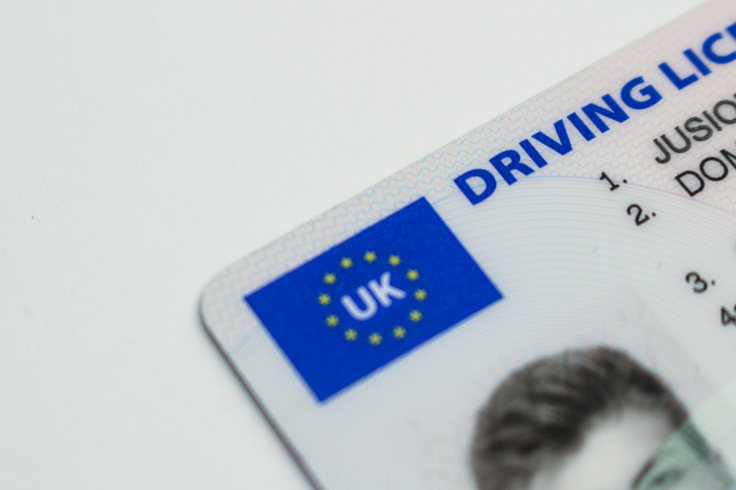Can the DVSA Fix the Driving Test Backlog? 24-Week Wait Times Raise Urgent Concerns
Systemic issues like insufficient examiner numbers and outdated booking systems add to the delay

Learner drivers across Britain are facing unprecedented delays in booking their driving test schedules, with 81% of driving test centres reporting the maximum possible wait time of 24 weeks as of May 2025.
The primary reason for this backlog is a surge in demand, exacerbated by candidates booking tests earlier than before, according to the Driver and Vehicle Standards Agency (DVSA), leaving thousands of learners in limbo and prompting urgent questions about whether proposed reforms can restore timely access to tests..
A Growing Crisis: Causes of the Backlog
The driving test backlog stems from a combination of factors, exacerbated by the lasting impact of Covid-19 lockdowns.
The DVSA reports a surge in demand, with 122,000 more future bookings in June 2025 compared to the previous year.
Learners are booking tests earlier, often before they are ready, contributing to a pass rate decline from 86,501 in March 2024 to 79,541 in March 2025.
This trend, coupled with a limited number of examiners, has overwhelmed the system. In some areas, such as Newbury, waits reach up to a year.
Emma Bush, managing director of AA Driving School, spoke, 'With the vast majority of driving test centres now showing waits at the maximum the system will allow, the situation cannot get much worse.'
X posts from @agcolehamilton echo this frustration: 'Waits for a driving test are far too long because bots and scammers are buying up test spots.'
Waits for a driving test are far too long because bots and scammers are buying up test spots before people can book them.
— Alex Cole-Hamilton MSP🔶🇺🇦 (@agcolehamilton) July 28, 2025
Both test centres in Edinburgh are seeing waits of 24 weeks.
The DVSA have put in place additional measures but now we need to see waiting times cut. pic.twitter.com/AVDUjDx2Ux
Regional disparities add to the issue, with England facing average waits of 20.5 weeks, Scotland 15.6 weeks, and Wales 12.8 weeks.
DVSA's Response: Reforms and Promises
The Labour Government, led by Transport Secretary Heidi Alexander, has acknowledged the enormous backlog inherited from previous administrations.
Alexander told the Commons Transport Select Committee in April, 'We're acting fast,' committing to reduce average wait times to seven weeks by summer 2026.
The DVSA's seven-point plan, launched in December 2024, includes recruiting 450 new examiners and offering overtime payments of approximately £300 ($402) per additional test day to incentivise existing staff.
The agency is also doubling the number of permanent trainers to speed up examiner training and urging qualified staff to return to frontline testing.
A recent government consultation, closed in July 2025, proposed measures to block bots accessing tests, including stricter booking rules and potential penalties for no-shows.
DVSA chief executive Loveday Ryder stated, 'DVSA's goal is to make booking a driving test easier and fairer for learner drivers.' The agency has already added 40,000 extra tests monthly, with plans for 10,000 more by early 2026.
However, with gross demand of 195,982 tests per month outstripping the DVSA's capacity of 170,248, the backlog continues to grow.
Challenges and Outlook: Can the Backlog Be Cleared?
Despite these efforts, significant hurdles remain. The National Audit Office is investigating the root causes of the delays, highlighting systemic issues like insufficient examiner numbers and outdated booking systems.
Learners like Libby Murphy, who told the BBC, 'I've just given up,' reflect growing despair, with some resorting to apps that charge £20 ($27) monthly to alert them to cancellations.
X posts from @Daily_Record note, 'Driving test backlog increases as DVSA shares the reason,' pointing to persistent demand pressures.
Driving test backlog increases as DVSA shares the reasonhttps://t.co/3bhfVbj175
— The Daily Record (@Daily_Record) July 28, 2025
The DVSA's target of a seven-week wait by July 2026 is ambitious, given the current 22-week average and a compounding rollover of unfulfilled bookings.
Without a significant increase in testing capacity or a shift in booking behaviour, the backlog may persist, leaving learners, instructors, and policymakers frustrated.
© Copyright IBTimes 2025. All rights reserved.





















